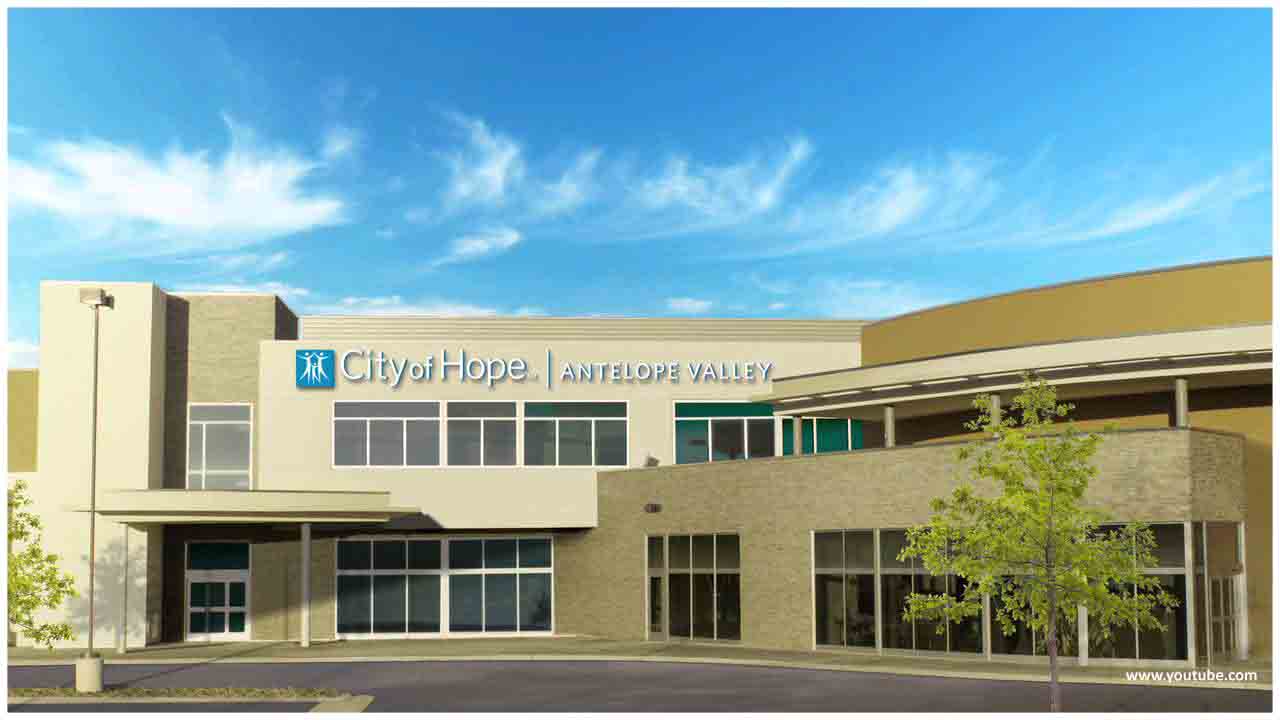City of Hope, a world-renowned independent research and treatment centre for cancer, diabetes and other life-threatening diseases, announced that it has licensed intellectual property relating to its pioneering chlorotoxin chimeric antigen receptor (CLTX-CAR) T cell therapy to Chimeric Therapeutics Limited, an Australian biotechnology company.
The therapy is currently being used in phase 1 clinical trial at City of Hope to treat glioblastoma (GBM), a type of brain tumour. The first patient in the trial was recently dosed; Behnam Badie, M.D., chief of City of Hope’s Division of Neurosurgery and The Heritage Provider Network Professor in Gene Therapy, is leading this innovative, first-of-its-kind trial.
Chimeric has acquired the exclusive worldwide rights to develop and commercialize certain patents relating to City of Hope’s CLTX-CAR T cells, as well as to further develop the therapy for other cancers.
“City of Hope is excited to enter into this agreement with Chimeric as it supports our innovative research in CAR T cell therapy and our commitment to extend these therapies to more patients, particularly those with GBM and other solid tumours that are difficult to treat,” said Christine Brown, Ph.D., The Heritage Provider Network Professor in Immunotherapy and deputy director of City of Hope’s T Cell Therapeutics Research Laboratory. “Chimeric shares our goal of providing effective CAR T cell therapies to more patients with current unmet medical needs.”
Led by Brown and Michael Barish, Ph.D., chair of City of Hope’s Department of Developmental and Stem Cell Biology, and Dongrui Wang, Ph.D., a recent graduate of City of Hope’s Irell & Manella Graduate School of Biological Sciences, the team developed and tested the first CAR T cell therapy using CLTX, a component of scorpion venom, to direct T cells to target brain tumour cells. The research was published this past March in Science Translational Medicine.
“Chimeric is excited to join City of Hope in its quest to find more effective cancer therapies. This is an exceedingly rare opportunity to acquire a promising technology in one of the most exciting areas of immuno-oncology today,” said Paul Hopper, executive chairman of Chimeric. “Furthermore, the CLTX-CAR T cell therapy has completed years of preclinical research and development, and recently enrolled its first patient in phase 1 clinical trial for brain cancer.”
CARs commonly incorporate a monoclonal antibody sequence in their targeting domain, enabling CAR T cells to recognize antigens and kill tumour cells. In contrast, the CLTX-CAR uses a synthetic 36-amino acid peptide sequence first isolated from deathstalker scorpion venom and now engineered to serve as the CAR recognition domain.
In this recent study, City of Hope researchers used tumour cells in resection samples from a cohort of patients with GBM to compare CLTX binding with the expression of antigens currently under investigation as CAR T cell targets. They found that CLTX bound to a greater proportion of patient tumours, and cells within these tumours.
CLTX binding included the GBM stem-like cells thought to seed tumour recurrence. Consistent with these observations, CLTX-CAR T cells recognized and killed broad populations of GBM cells while ignoring nontumor cells in the brain and other organs. The study team demonstrated that CLTX-directed CAR T cells are highly effective at selectively killing human GBM cells without off-tumour targeting and toxicity in cell-based assays and in animal models.
City of Hope, a recognized leader in CAR T cell therapies for GBM and other cancers, has treated more than 500 patients since its CAR T program started in the late 1990s. The institution continues to have one of the most comprehensive CAR T cell clinical research programs in the world — it currently has 30 ongoing CAR T cell clinical trials, including CAR T cell trials for HER-2 positive breast cancer that has spread to the brain, and PSCA-positive bone metastatic prostate cancer. It was the first and only cancer centre to treat GBM patients with CAR T cells targeting IL13Rα2, and the first to administer CAR T cell therapy locally in the brain, either by direct injection at the tumour site, through intraventricular infusion into the cerebrospinal fluid, or both. In late 2019, City of Hope opened a first-in-human clinical trial for patients with recurrent GBM, combining IL13Rα2-CAR T cells with checkpoint inhibitors nivolumab, an anti-PD1 antibody, and ipilimumab, blocking the CTLA-4 protein.
Both an academic medical centre and a drug development powerhouse, City of Hope is known for creating the technology used in the development of human synthetic insulin and numerous breakthrough cancer drugs. Its unique research and development hybrid of the academic and commercial creates an infrastructure that enables City of Hope researchers to submit an average of 50 investigational new drug applications to the U.S. Food and Drug Administration each year. The institution currently holds more than 450 patent families.
"City of Hope is delighted to license this technology to Chimeric,” said Sangeeta Bardhan Cook, Ph.D., City of Hope director of the Office of Technology Licensing. “We are impressed with the ability of their executive team to push and bring therapies to market expeditiously. At City of Hope, our mission is to transform the future of health care. We believe Chimeric has the vision to offer innovative therapies to cancer patients.”

 City of Hope enters licensing agreement with Chimeric Therapeutics Limited to develop its pioneering chlorotoxin CAR T Cell therapy
City of Hope enters licensing agreement with Chimeric Therapeutics Limited to develop its pioneering chlorotoxin CAR T Cell therapy











.jpeg)

.jpeg)










.jpg)




.jpg)

